Discover AnthroPod
AnthroPod

79 Episodes
Reverse
In our latest episode in this series What Concepts Do we welcome guest producer Nazlı Özkan, who leads us through a discussion of New Media. How has newness been produced as a feature of media in different political and historical contexts, and how can anthropological approaches help us understand how technological novelty becomes a part of statecraft, activism, and everyday life?
In this episode, Dr. Willi Lempert discusses anthropology of outer space, focusing on historical and ongoing forms of colonialism on and off of Earth, as well as indigenous futurisms and alternative imaginations of outer space.
Our interview with Dr. Lempert was conducted in May 2023.
For more, visit https://culanth.org/fieldsights/astro-colonialism-conversation-with-willi-lempert
AnthroBites: Disability with Dr. Arseli Dokumaci.
AnthroBites is a series from the AnthroPod team, designed to make anthropology more digestible. Each episode tackles a key concept, text, or theme, and breaks it down into manageable, bite-sized chunks. In this episode, Dr. Arseli Dokumaci discusses disability, ethnography, and her recent book Activist Affordances.
Our interview with Dr. Dokumaci was conducted in May 2023.
Show notes: https://culanth.org/fieldsights/anthrobites-disability
Anthropology can be presented in various forms - what does it mean to share anthropology through podcasts? In the latest episode in the What Does Anthropology Sound Like series, we explore anthropological podcasts as method and as output. This episode features Dr. María Eugenia Ulfe Young (from the Nuestras Historias desde Cuninico podcast), PhD Candidate Anuli Akanegbu (creator of BLK IRL®), and Dr. Dominic Boyer (co-creator of the Cultures of Energy podcast).
Find the transcription and show-notes here: https://culanth.org/fieldsights/what-does-anthropology-sound-like-podcasts
Find our guests' podcasts:
Nuestras Historias Desde Cuninico - https://www.facebook.com/profile.php?id=100063634656075
BLK IRL® - https://www.blkirl.com/
Cultures of Energy - https://culturesofenergy.rice.edu/
In this AnthroPod episode, we provide a retrospective on the Virtual Otherwise conference from the perspective of the local node in Agria, Greece. Touching on matters of accessibility, engagement, and multimodality, we ask: Whither anthropology conferencing?
This episode is devoted to thinking through the specificity of the United States as a place in which to conduct fieldwork.
For show notes, please visit : https://culanth.org/fieldsights/contributed-content/anthropod
In this episode, Professors Sophie Bjork-James, Carolyn Sufrin, and Elise Andaya share what the anthropology of abortion looks like in their fieldsites and how those sites will change in a post-Roe world, and we break down this topic with the help of other scholars of reproduction.
For show notes, please visit https://culanth.org/fieldsights/anthropod-talks-abortion
In part 2 of our series on sound and borders, cultural geographer Tom Western talks with Nick Smith about the work of the Syrian and Greek Youth Forum (SGYF) in Athens, Greece. Featuring sound clips created by the SGYF team, the discussion unpacks the concept of active citizenship and the ways that sound can challenge the static character of border regimes in Greece and throughout the Mediterranean. For show-notes visit
This is the second episode in the series "What Concepts Do." In this episode, Contributing Editor Sharon Jacobs unpacks the concept of solidarity, alongside anthropologists Darryl Li, Amahl Bishara, Lesley Gill, and Dimitrios Theodossopoulos. What is solidarity, and who can practice it? Is solidarity something we do within communities, or beside allies? What are some of the shortcomings and challenges of solidarity? For show-notes and resources, visit https://culanth.org/fieldsights/what-solidarity-does
In this episode, anthropologist and artist Alex Chavez talks about performance, migration and nationalism in the United States. For show-notes, please visit https://culanth.org/fieldsights/the-sound-of-borders-a-conversation-with-alex-chavez
Cassandra Hartblay, Cristiana Giordano, and Greg Pierotti discuss performance as ethnographic medium in the third installment of What Does Anthropology Sound Like, an Anthropod Series.
For transcriptions, visual content, and other resources related to this episode of Anthropod, please visit: https://culanth.org/fieldsights/what-does-anthropology-sound-like-performance
In this episode, Contributing Editors Joyce Rivera-González and Michelle Hak Hepburn unpack the concept of resilience, alongside anthropologists Roberto Barrios, Elizabeth F.S. Roberts, Cynthia Wesley-Esquimaux, Andrew Wooyoung Kim, and Jason Cons. Where did the concept of resilience originate from, and how is it so widespread? What are the benefits and shortcomings of the concept? And how do anthropologists engage with resilience ethnographically?
For show notes, please visit https://culanth.org/fieldsights/what-resilience-does
Professor Kamari Clarke reflects on her ethnographic work in Africa, her thinking on the legacies of colonialism in the discipline of Anthropology, and her recent work with the Radical Humanism Initiative.
For the transcription and show-notes of this episode, please visit: https://culanth.org/fieldsights/radical-humanism-and-decolonization-an-interview-with-kamari-maxine-clarke
The Ottoman archives contain just over a hundred photographs that look like old family portraits, but they were created for an entirely different purpose. They document the renunciation of Ottoman nationality, "terk-i tabiiyet," by Armenian emigrants bound for the US and elsewhere. As our guest Zeynep Devrim Gürsel explains, the photographs were "anticipatory arrest warrants for a crime yet to be committed"--the crime of returning to the Ottoman Empire. Gürsel's research goes far beyond the story of the small number of photographs that remain as she has documented over four thousand individuals who went through the process of "terk-i tabiiyet." In this Ottoman History Podcast-AnthroPod collaboration, we talk to Gürsel about her research project on the production, circulation and afterlives of these photographs titled "Portraits of Unbelonging." It is a double-sided history that explores not only the context of Armenian migration and policing during the late Ottoman period but also the experiences of those pictured and their descendants following their departure from the Ottoman Empire. (Recorded August 2019)
In memory of Mary Lou Savage (née Khantamour)
Contributors: Beth Derderian (AnthroPod), Zeynep Devrim Gürsel (Rutgers University), and Chris Gratien (Ottoman History Podcast).
Katherine Verdery reflects on working through her Securitate file and ethnographers' positionalities, her research in Eastern Europe prior to the fall of communism, and what anthropology offers at moments when the episteme shifts.
Writing ethnographic poetry with Darcy Alexandra and Ather Zia. This is the second installment in the What Does Anthropology Sound Like series, in which we ask anthropologists to share their work and insights with us on the different forms their anthropological practice takes. In this episode, the theme is poetry.
The "Anthropology and/of Mental Health" series is a two-part exploration of anthropologists' experiences with mental health. In this episode, Anar expands the conversation about mental health in anthropology through conversations and contributions about attention, grief, and unexpected changes to our plans for fieldwork and research.
For more information, as well as a transcript of the episode, visit the shownotes page at: https://culanth.org/fieldsights/anthropology-and-of-mental-health-pt-2
Musical intro and outro: All the Colors in the World by Podington Bear. Transitions: Entwined Oddities by Blue Dot Sessions. Sound Effects: Radio Transition by psyckoze.
Logo designed by Janita van Dyk.
Hunleth and Yount-André discuss Hunleth's research on children's caregiving amid Zambia's tuberculosis (TB) outbreak and trace parallels with today's COVID19 pandemic. They look at the role of proximity, recognizing the different ways children offer care, how to discuss disease with children and problematize the idea of disclosure, and the moral valences that become attached to disease and the people who suffer from them - particularly around privilege and vulnerability.
Jonathan Rosa discusses raciolinguistic ideologies, a framework developed by Rosa and Professor Nelson Flores (University of Pennsylvania) to critique the racialization of various speaking subjects and their linguistic practices. The interview begins with a focus on this concept and related themes in Rosa’s book, then turns to a consideration of broader implications of this work for academia, anthropology in particular.
A common thread throughout this interview is the issue of coloniality, both broadly construed and more specifically with regard to how it shapes and manifests within educational contexts. In particular, Rosa comments on the question of decolonizing or unsettling anthropology, reflecting in some closing remarks on the usefulness and concerns around platforms such as #AnthroTwitter for challenging the colonial logics within our own discipline.
For more information and a transcript of this episode, visit: https://culanth.org/fieldsights/raciolinguistic-ideologies-and-decolonizing-anthropology-a-conversation-with-jonathan-rosa
Sophie Chao and Bianca Williams discuss activism, organizing, and anthropology in the first installment of a new Anthropod series: What Does Anthropology Sound Like.


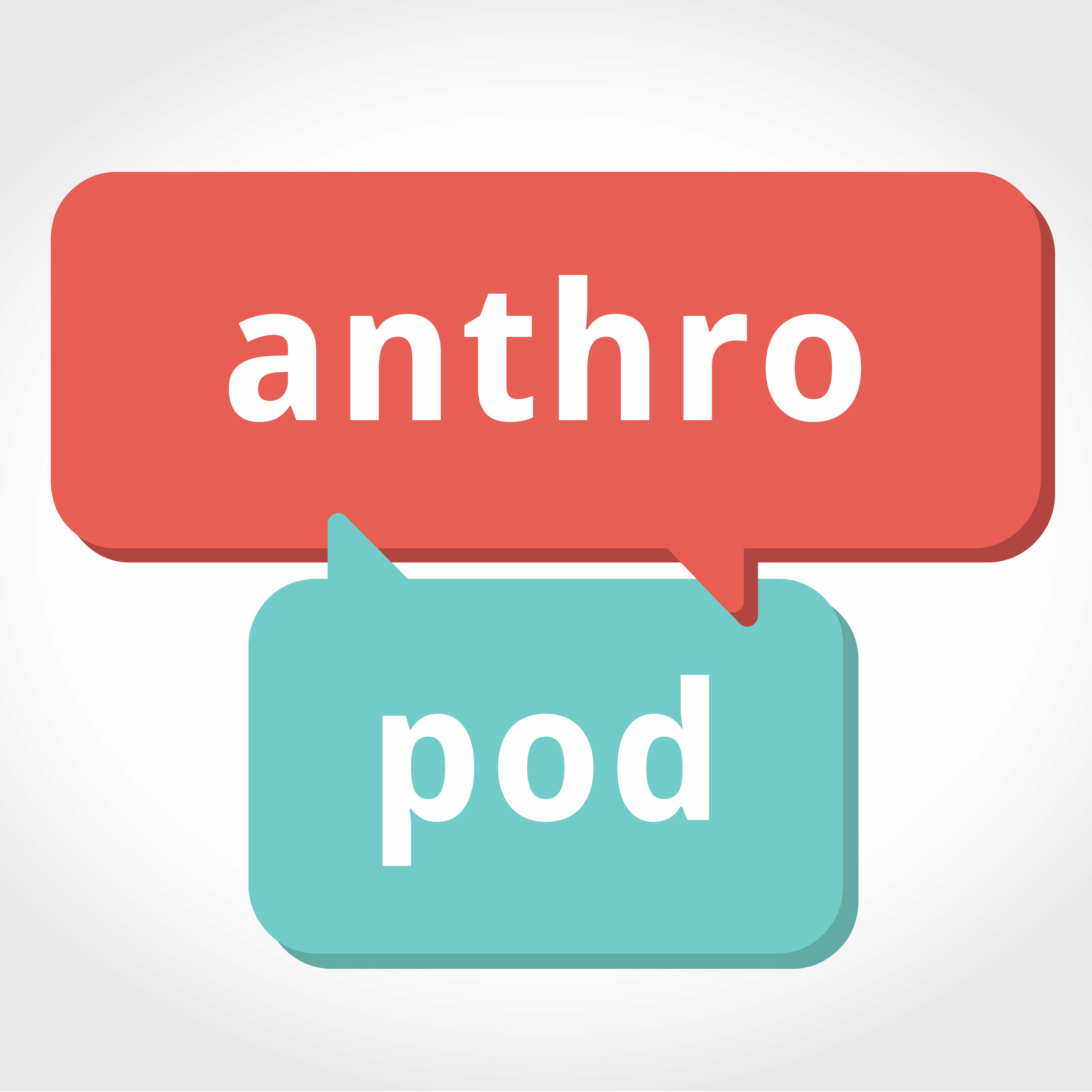

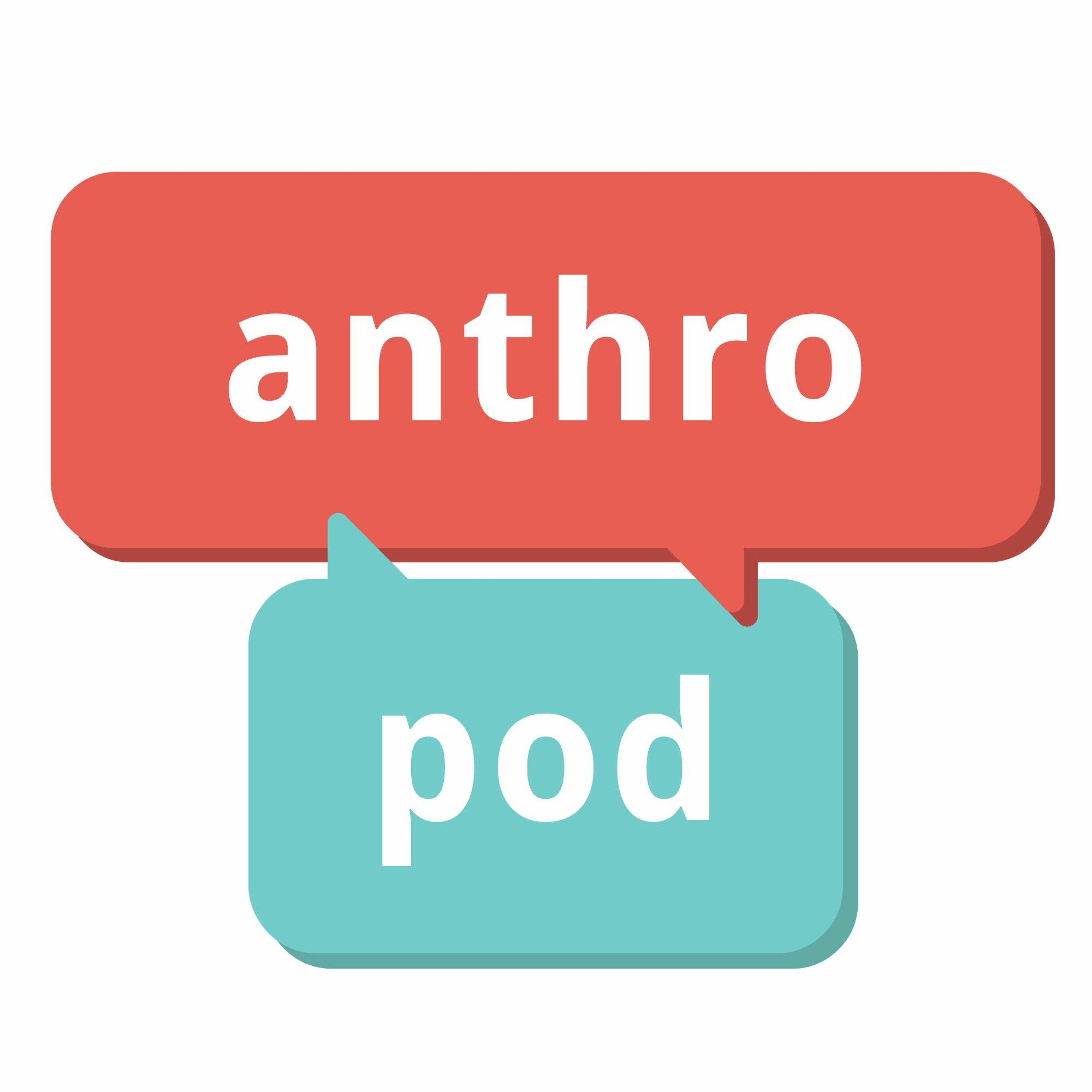
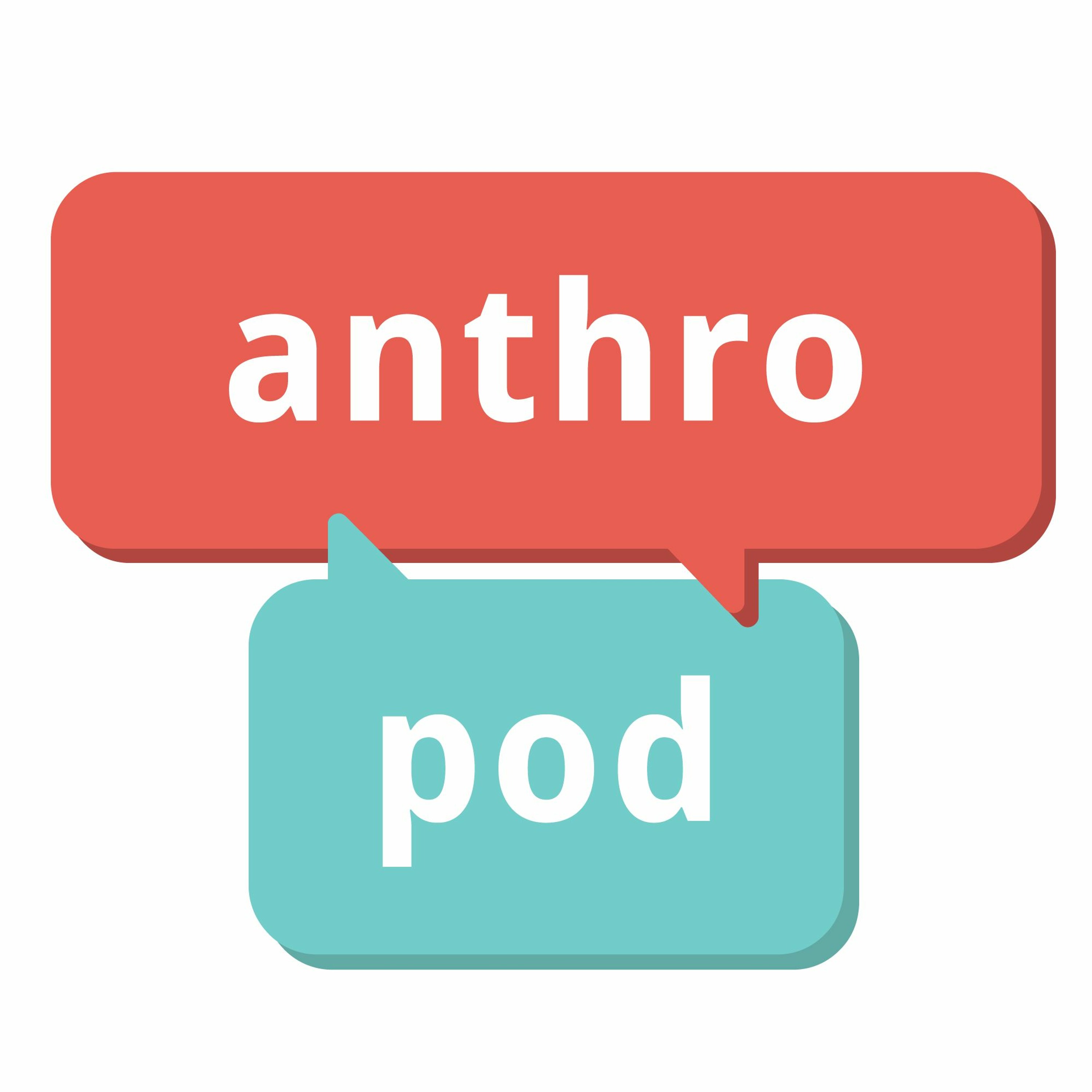
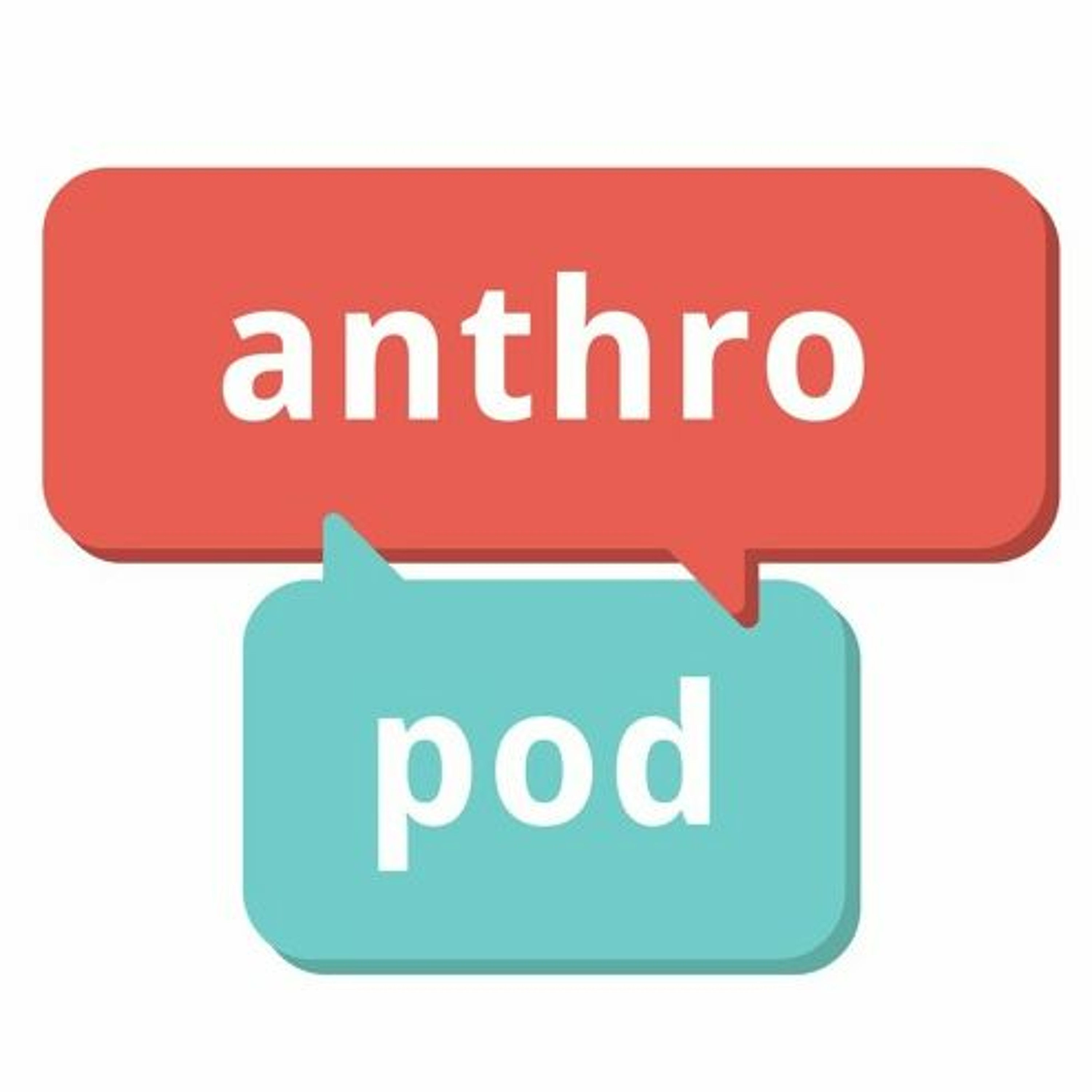
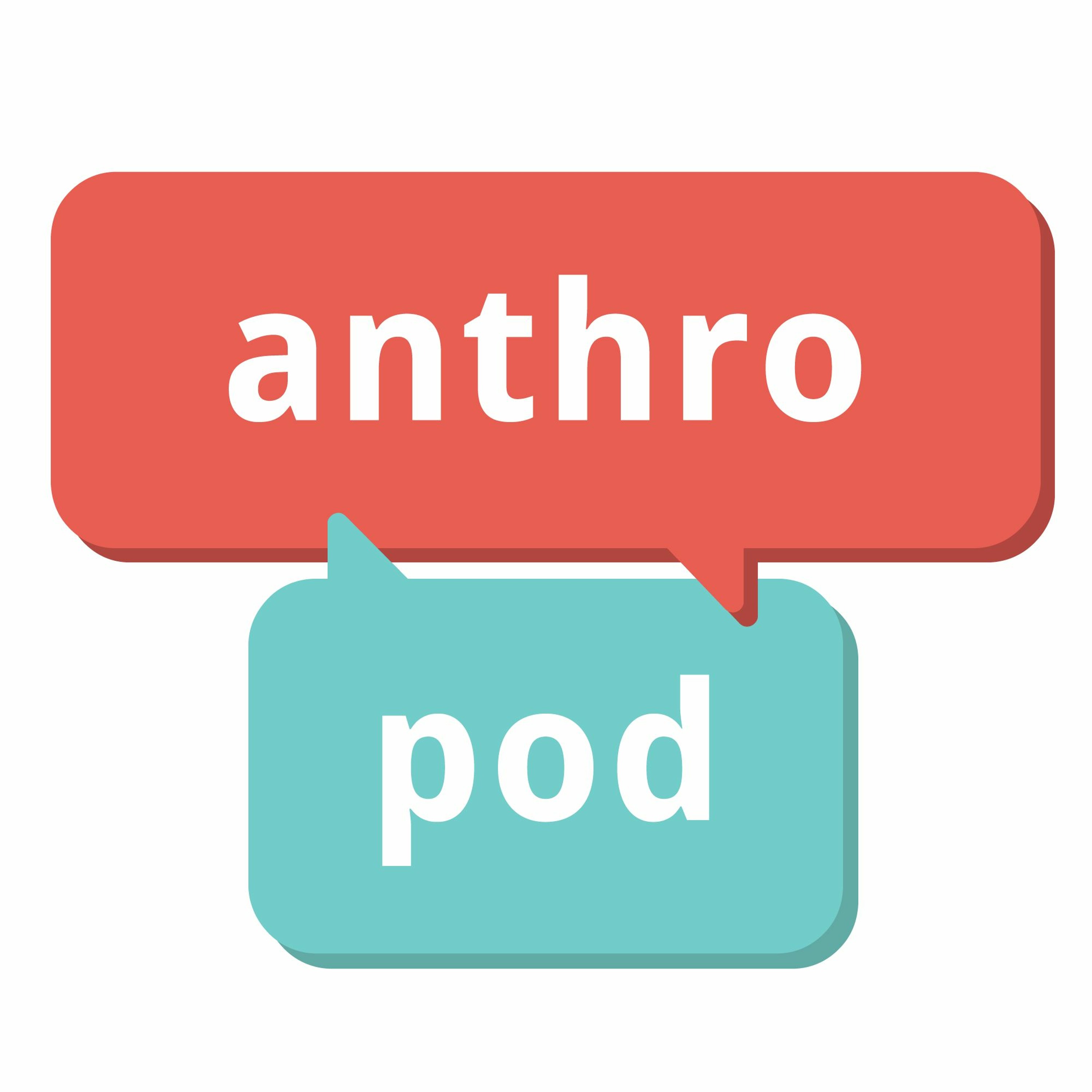



Can we not consider the poor whites of Appalachia as a group different of other whites?